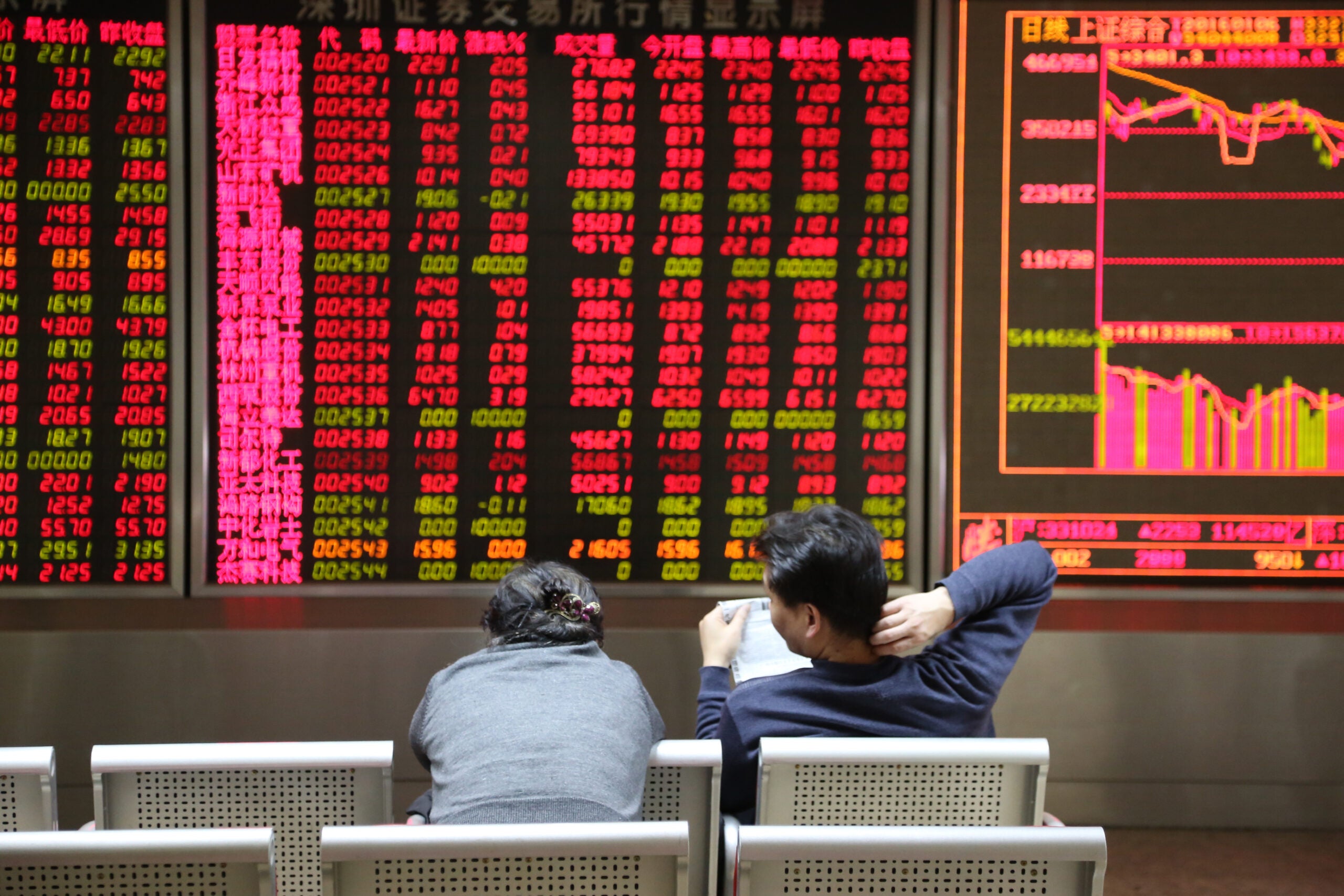
Chinese President Xi Jinping said on Thursday that a new stock exchange will be established in Beijing to support innovation and development of small and medium-sized enterprises (SMEs). The campaign forms part of China’s ongoing push to develop its onshore capital market.
The announcement was made during the 2021 China International Fair for Trade in Services when Xi said that a bourse in Beijing would continue to support the innovation-driven development of SMEs. He did not say when the new exchange would be established.
China already has two stock exchanges on the mainland, in Shanghai and Shenzhen. The Shanghai Stock Exchange mostly hosts large-cap companies, including state-owned enterprises, banks and energy firms. The Shenzhen Stock Exchange is known for its tech companies and small or medium-sized businesses.
In addition, Hong Kong is home to the world’s largest bourse in terms of market capitalisation, with a combined market value of 47tn Hong Kong dollars ($6tn).
Although Xi did not give any further details on the Beijing stock exchange, the China Securities Regulatory Commission (CSRC), the country’s top securities regulator, said that it would establish a capital market system tailored for innovative SMEs, aiming at cultivating a group of SMEs with strong innovation abilities and focusing on niche sectors.
“It will be a significant push for improving capital market functions, promoting the integration of technology and capital, and supporting the innovative development of SMEs,” the CSRC said in a statement on Thursday.
How well do you really know your competitors?
Access the most comprehensive Company Profiles on the market, powered by GlobalData. Save hours of research. Gain competitive edge.

Thank you!
Your download email will arrive shortly
Not ready to buy yet? Download a free sample
We are confident about the unique quality of our Company Profiles. However, we want you to make the most beneficial decision for your business, so we offer a free sample that you can download by submitting the below form
By GlobalDataThe registration system of the Beijing exchange would be similar to the Shanghai Stock Exchange’s STAR market, China’s rival to the US Nasdaq.
China has in recent times pushed for an expansion of its domestic capital markets, urging companies to opt for initial public offerings (IPO) onshore instead of in the US.
According to Michael Orme, senior analyst at GlobalData and China specialist, the Beijing bourse will be yet another capital market for tech companies to make IPOs and be traded. “Not considered to be any threat to Hong Kong,” he said, adding that “Beijing sees Hong Kong as part of the greater Chinese capital market and is gaining more and more control over it.”
“By 2030, China’s envisions that these greater Chinese bourses will have a larger aggregate market value than the US bourses, notably the Nasdaq,” Orme added.
During his speech on Thursday, Xi also outlined plans for more digital trade pilot zones as part of China’s ambition to become a global service hub.
“Service trade is an important area for international economic and trade cooperation. It plays an important role in [China’s] new development strategy,” Xi said via a video link.
“We’d like to work with all sides, based on principles of cooperation and win-win, to share service trade opportunities and promote global economic recovery.”
Xi’s comments come amid Beijing’s pushback against the country’s tech industry, which started with the crackdown on the fintech sector and the famous last-minute suspension of Ant Group’s IPO. Subsequently, the regulatory muscle-flexing led to numerous fines spanning several sectors, including education, gaming, food delivery and ride-hailing.
Simultaneously, Xi is also pivoting towards a more socialist China with the objective of “common prosperity”. As a result, China’s big business and the ultra-rich are scrambling to show support for the Communist Party’s latest endeavours.
In the wake of China’s economic and societal paradigm shift, regulators have intensified their oversight of firms with share listings in the US. For example, ride-hailing giant Didi came under multiple government investigations a few days after its New York Stock Exchange debut.
Meanwhile, Wall Street regulator, the Securities and Exchange Commission, said it would require additional information from Chinese companies wishing to list in the US.







